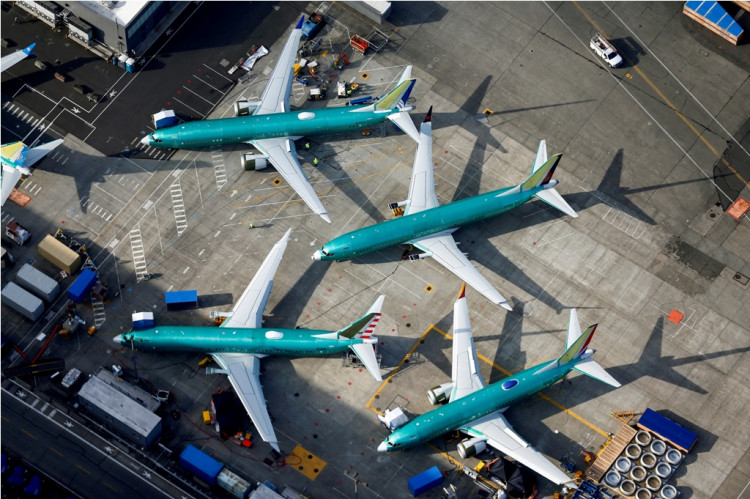Boeing CEO Dennis Muilenburg admitted on Sunday that the company's handling of the 737 Max fiasco was wrong. He pledged improvements moving forward but another dilemma is at hand in the form of a discrimination lawsuit.
In a media briefing ahead of the Paris Air Show, Muilenburg said the communication problems contributing to the failures within the Boeing 737 Max jets was a "mistake." However, his apology was overshadowed by the emergence of reports regarding alleged racial discrimination within the aerospace firm.
Compared to the previous apologies Muileburg made, some analysts noted that his Sunday speech was more heartfelt and sincere. However, multiple outlets reported that a Boeing employee at the 787 Dreamliner factory in North Charleston filed a lawsuit in federal court.
Details about the lawsuit have since been revealed, pushing Boeing to face yet another stumbling block amid earlier lawsuits from shareholders and victims of family members whose relatives died in the Ethiopian Airlines crash in March.
According to The Post and Courier, a quality inspector at the Boeing plant in question, Curtis Anthony, an African-American employee, said in the lawsuit that his co-workers left a noose over his desk. Boeing has since fired the worker involved in the noose incident.
Anthony further revealed in the lawsuit that earlier incidents of discrimination wherein Caucasian colleagues repeatedly said the "n-word" and urinated on his desk were reported to the company but Anthony said his complaints were ignored.
In an interview with CNN affiliate WCSC , Anthony slammed the experience, stating that the forms of racial discrimination he received should not be tolerated. "This is not 1819, this is 2019. Regardless of color, people should say something against it and anything that's Against against anyone," he argued.
In a statement of defense, Boeing said the "single issue" Anthony raised - the noose incident - has been dealt with "promptly and in a fair manner. The jet maker further stated that "there is no validity to his allegations."
Boeing has been faced with multiple problems over the past few months following the 737 Max Lion Air and Ethiopian Air crashes in October and March respectively. 346 people died from the tragedies.
The Federal Aviation Administration (FAA) has yet to roll out a re-certification for the 737 Max jets that have since grounded shortly after the March crash. A timeline of the crashes and the aftermath of the fiascos can be viewed here.
Last week, the FAA said the jets in question may not be allowed to fly until December. Industry analysts previously predicted that the Boeing 737 Max jets may be back on the air by August.





